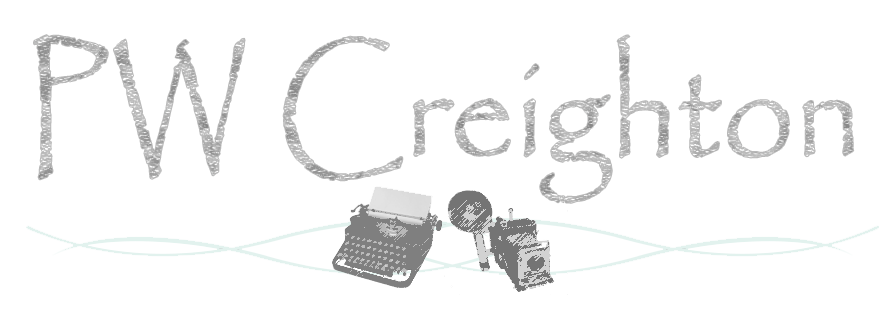Intriguing Observations ~ Creative Outlets
The Intriguing Observations series was created to gather some of the greatest supporters and bloggers to provide their own insight on all things creative both in their ventures and their techniques. This week on the guest series is another all-star supporter, and paranormal romance writer, Jami Gold (@jamigold)
At some point in time, most writers will struggle with writer’s block. Maybe we’re not sure what should happen next in the story. Maybe we’re not sure how to get from where the story is to where the story is supposed to go. Maybe our characters or our muse isn’t speaking to us.
Regardless, at that point, we need to do something to shake up our subconscious or walk away from the computer. Sitting at a keyboard and staring at a blank screen for hours at a time leads only to frustration.
Many blog posts have listed ideas for how to deal with writer’s block. Today, I want to focus on one technique in particular.
Giving Our Muse a Different Playground to Play In
One way to kick start our muse is to give him or her a different creative outlet. (Yes, I know muses traditionally are females, but mine is male and he made me include the “him.”) Sometimes we can jump into another writing project:
- brainstorm a new story
- work on a blog post
- beta read for a friend
But sometimes that’s not enough. Writing of any kind has become an exercise in pulling teeth. We have no ideas—about anything!
In extreme cases like that, it can be helpful to remember that creativity is creativity, across the arts. As writers, we’re often creative in areas outside of writing. And spending time exploring those hobbies can get our creative juices flowing too.
Spending Time on Non-Writing Hobbies Can Help Our Writing?
Yes, other creative outlets can help our writing, and I don’t just mean how visual arts can help us design our book covers. *smile*
Visual arts, whether painting, photography, or computer graphics and animation, provide us with an opportunity to observe details, how a change in light or color can affect our interpretation (like how one tiny tweak can cause a domino effect in our story). Dance gets our blood flowing, and coordinating our movements with the rhythm and beat forces us to listen to something subtle (like how our subconscious can be very quiet and subtle).
Playing a musical instrument can help us see the beauty and patterns locked up inside the notes on the page, like the meanings behind the words on a page. Composing music draws our muse into a form of storytelling where emotions reign even more prominently than using words, and connecting more strongly with our emotions can help us feel our way through the block.
Beyond those traditional forms of art, any project where we have to make decisions based not on logic but on our gut feelings can get our subconscious back into gear.
- Designing a garden: which flowers should go where, what color patterns do I want, do I feel like tomatoes or zucchini this year?
- Decorating a room: which paint colors will be the perfect not-too-light-not-too-dark shade, should this chair go here or there, is it too cluttered?
- Organizing our closet: are these jeans too out of style, will I be that size again, do I have anything to go with this shirt?
Personally, I’ve painted and decorated rooms, I’ve created faux stained glass, I’ve gardened, I’ve sewn, I’ve done landscape and home design, and on and on. I designed my own website, and I enjoy taking landscape photographs. I don’t know how to play an instrument or compose a song, and I’m too klutzy to dance in public, but I still love listening to music.
In short, I try to be open to many outlets so I always have a project waiting in the wings. Many of those projects, I’ve even finished. *grin*
Whenever we use our instinct to accomplish things, we’re forcing our subconscious to speak up. We’re asking our muses their opinion, and we’re listening to their answer. This give and take can strengthen the connection between our conscious mind and our subconscious mind.
If nothing else, we’re assuring our muses that we want to hear what they have to say. That, in turn, can encourage them to share more of their ideas. And a vocal muse might be just the thing we need to break through our writer’s block.
What other creative outlets do you have? Have you ever used them when you’re suffering from writer’s block or when you’re burnt out on writing? How have they helped? (Or have they not helped?)
After her Klutz Queen title disqualified her from the Midnight Circus, Jami Gold moved to Arizona and decided to become a writer, where she could put her talent for making up stuff to good use. Fortunately, her muse, an arrogant male who delights in causing her to sound as insane as possible, rewards her with unique and rich story ideas. Fueled by chocolate, she writes paranormal romance and urban fantasy tales that range from dark to humorous, but one thing remains the same: Normal need not apply. Just ask her family—and zombie cat.
Find Jami at her blog, Twitter, Google+, Facebook, Pinterest, and Goodreads.
